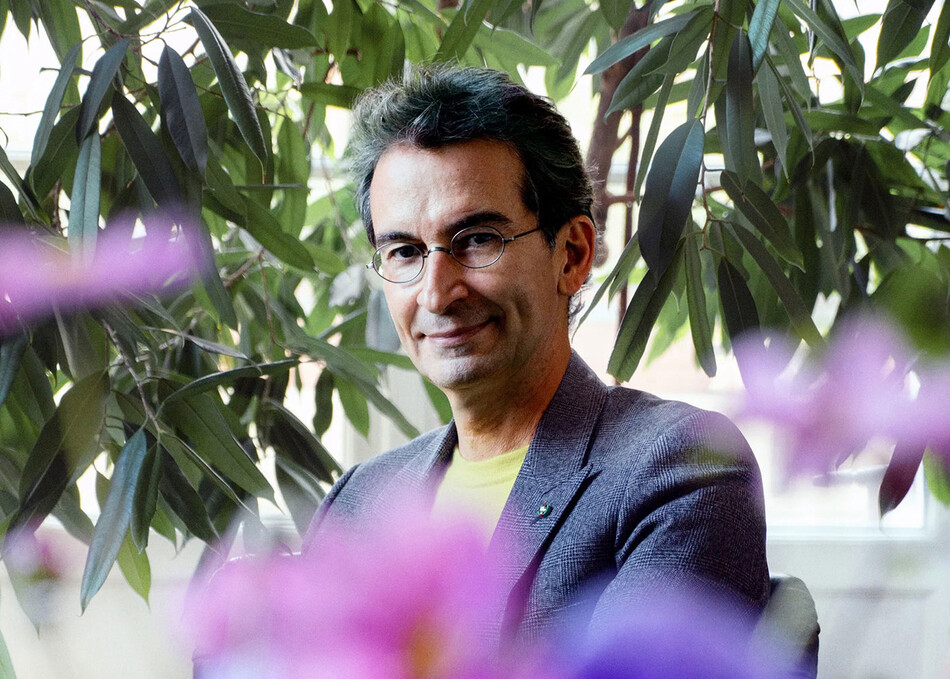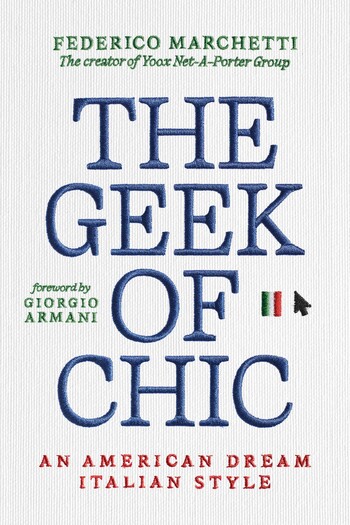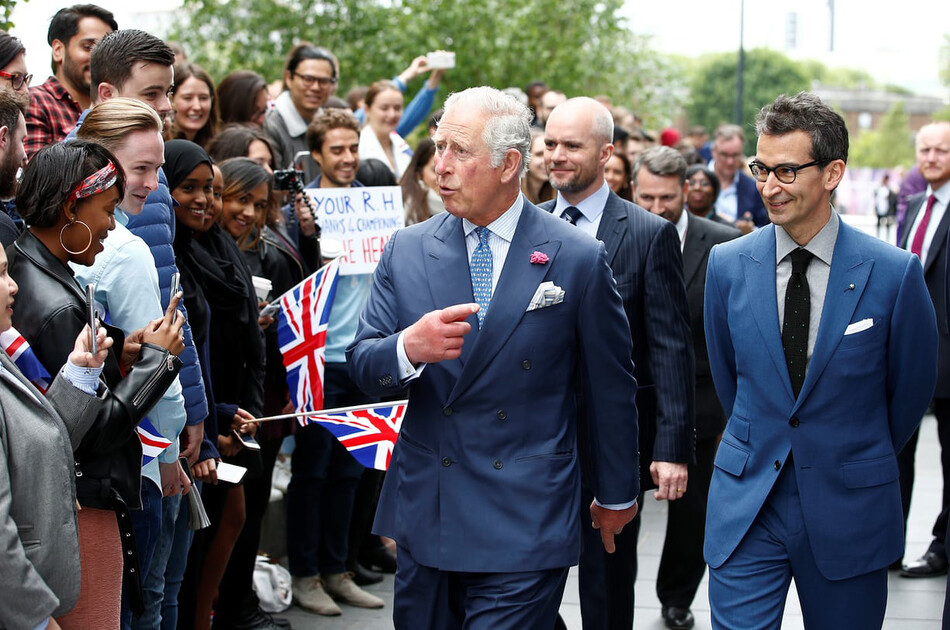Back when most people still associated online shopping with books and Beanie Babies, a recent Columbia Business School graduate came up with an innovative idea: selling off-season designer clothes at discounted prices through a single website. Yoox, founded in 2000 by Federico Marchetti ’99BUS, went on to become a leading marketplace for online fashion, merging with British competitor Net-a-Porter in 2015. Three years later, the conglomerate Yoox Net-a-Porter Group was sold to Swiss luxury-goods giant Richemont for a total of nearly $6 billion — the highest-valued sale for an online retailer in Europe.
Now, with the stress and responsibility of running a global e-commerce business behind him, Marchetti has time to focus on more philanthropic — and personal — endeavors. Since 2021, the retired CEO has chaired the fashion task force of King Charles III’s Sustainable Markets Initiative, a global effort to improve environmental practices across the private sector. “I have a young daughter, and I want to leave her a better world,” says Marchetti, who is based in Milan. “I’m doing it pro bono, just for the pleasure of giving back.”
In 2023, Marchetti shared his life and career in a memoir, The Geek of Chic, whose English translation was released in the United States this past September. “I wanted to help give others the courage to leave a job, start their own project, and follow their passion,” he says.
Marchetti’s own success, as he relays in the book, can be attributed to sharp entrepreneurial vision and good timing. Raised in a modest home in the Northern Italian city of Ravenna, Marchetti describes feeling the pull of the American dream as a child, gazing at the bright lights of skyscrapers on a poster in his brother’s bedroom. He started his business career at age ten, selling Mickey Mouse comics on the beach. Later, after graduating from Bocconi University in Milan, Marchetti moved to New York City and got a job on Wall Street with Lehman Brothers.
“I knew in my heart that I was not a banker,” he says. “I worked at Lehman to learn as much as possible as quickly as possible.” While getting his MBA at Columbia — Giorgio Armani, for whom he had done some consulting work, wrote one of his recommendation letters — Marchetti took courses in retail and entrepreneurship, which helped plant the seed for his billion-dollar idea. “I had a vision that soon fashion brands would be looking at the internet in a much different way, but at the time they were two different worlds,” he says. “I thought, let me put them together.” An Italian well-versed in design and craftsmanship with the training of an American businessman, Marchetti had a unique advantage, and he used his Wall Street connections to raise the capital for his startup.
Today, working with King Charles, Marchetti draws heavily on his experience running Yoox. “In 2000, we were selling end-of-season clothes, which is basically what’s now called circular fashion,” he says, noting that the company also introduced hybrid delivery vehicles, recyclable packaging, and other sustainability upgrades under his leadership.
The fashion task force’s first major project was the “digital passport,” a way for high-end brands to share information about a garment’s environmental footprint through QR codes, NFC tags, and blockchain. “If you go to a Chloé boutique in Paris, you can use your phone to find the history of the material and how you can recycle, resell, or repair it,” explains Marchetti. The task force has also partnered with Armani to integrate sustainable cotton grown in Puglia, Italy, into the brand’s supply chain, and with Brunello Cucinelli on sourcing sustainable cashmere from the Himalayas.
Marchetti acknowledges that environmental standards are more difficult to implement outside the luxury market, especially in the realm of “fast fashion,” which depends on the high-volume production of low-quality goods. Still, he hopes the digital passport and other initiatives will have a “spillover effect” into mass-market retail. “I think the revolution will come from consumer demand, bottom up,” he says.
Though it’s the industry that made his career, Marchetti’s advice for aspiring entrepreneurs interested in online fashion retail is: stay away. “It’s too mature, too crowded,” says Marchetti, who previously taught a course called Creating a Startup in the Digital and Sustainable Economy at Bocconi University, his first alma mater. “You need to invent something that nobody’s doing, not that everybody’s doing.” He sees potential for artificial intelligence in fashion and in reducing environmental impact across industries. “In the magic intersection of sustainability and innovation, there’s still a lot of work do.”
This article appears in the Winter 2025-26 print edition of Columbia Magazine with the title "Fashion Forward."





